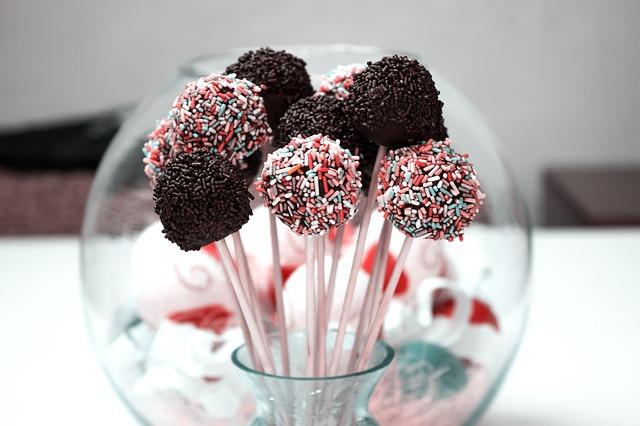
Snacking Responsibly
^cake pops, a snack sure to cause a sugar crash. But how likely are you to reach for it anyway?
Snacking has a bad rap in the health community
Because we tend to snack on JUNK! For a busy individual, snacking can actually be extremely useful. It just needs to be done right. Blood sugar ebbs and flows throughout the day: letting it get too low leaves us feeling light-headed, hungry and stressed out, which leads us to grab at the nearest snack, say a candy bar, which spikes blood sugar too high and then drops us off the other side feeling fatigued and depressed. The idea is to remain in the middle and snacking can be very useful in this endeavor.
Preparing your snacks: a successful formula
This is where responsibility comes in: your responsibility is to avoid processed sugars and saturated fat by packing yourself a healthy snack. We want to focus on snacks that have:
- Between 150-200 calories
- Carbohydrates, fats and proteins
- Avoids processed sugars and fats
Here are just a few ideas:
- Apples and peanut butter
- Granola and yogurt
- Egg and hummus
- Lunch meat and low-fat cheese
When should you snack? Well this depends on your eating schedule: remember that balanced meals are most important. Snacks should be fit in between, as needed. For example, if you eat breakfast at 8 and lunch at 12, have a snack at 10, then another at 3 before dinner at 6. A properly timed snack can do wonders for your state of mind, helping you stay productive and sane!
Dr. Raymond Espinosa, D.C.
